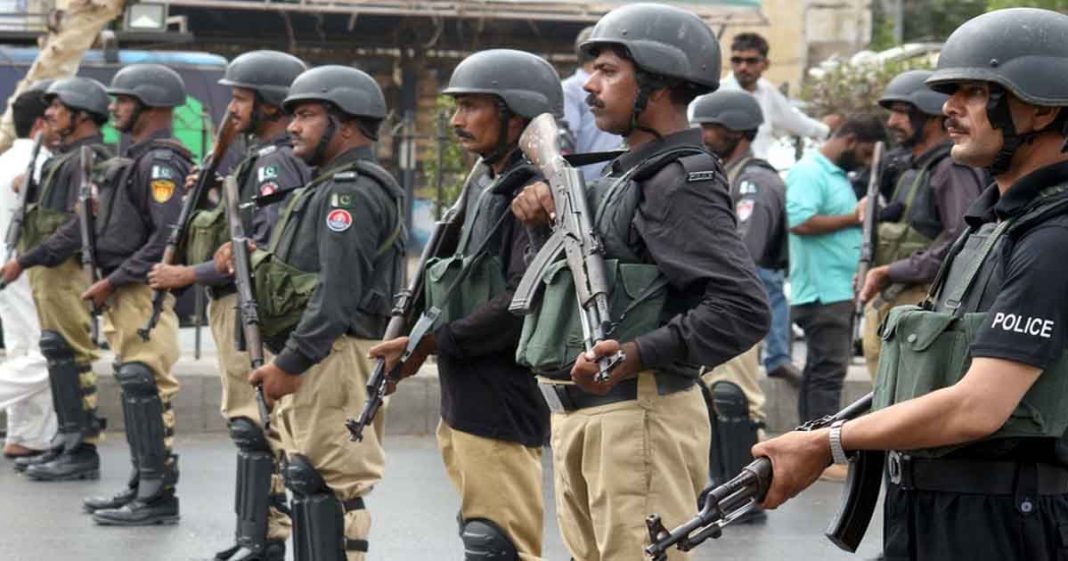With no veritable statistics and an overwhelming perception about the prevalence of sex-related offenses, the debate in Pakistan is, more often than not, focused on exploring the problems than offering solutions.
While it is perfectly alright to examine the causes of a species of crime, it is equally important to focus on the response side of the equation. Academically, the criminologists indulge in exploring the causation. On the other hand, the experts of the criminal justice domain tend to pay attention to the possible response to such delinquencies. In this context, from the point of view of praxis, the following points are being shared:
First, the opaqueness of terminology has to be tackled. The theorists and the practitioners have first to identify the menace that they want to tackle. The use of vague, non-uniform, uncountable, and often confusing terms like sexual violence, gender-related violence, juveniles related violence, and such terms of art that do not find any reference in-laws and practice must be rethought to agree to what is being targeted at.
Standardizing terms would enable better measurement of crimes
In this regard, the point of departure could be to use the term ‘offense’ instead of ‘crimes.’ This will help to clarify that only legally recognized crimes duly prohibited and punishable under the law in terms of section 40 of the Pakistan Penal Code are the nub of discussion. Adopting this approach will enable policymakers and academics alike to count or get the offense measured through state agencies or esteemed human rights organizations. Counting of crimes in legally defined categories will make them measurable. Once the data or statistics are available, these can be segregated and anonymized.
Read more: Designing police reforms: The latest police reforms in the US
The data so obtained can then be utilized to carve out strategies at different levels. Tactically, the crime control agencies may be tasked to prepare preventive strategies to bring about the required reduction in such offenses. At a more strategic level, the concept of ‘Preventive Turn’ by David Garland may be used to prepare a ‘responsibilization strategy’ inviting all stakeholders, governmental and non-governmental, to join hands to ‘govern’ the crime in a more holistic manner.
Secondly, adhering to article 14 of the Constitution of Pakistan, and in line with the international human rights law, victims’ charter must be introduced in Pakistan’s policy-making domain. It may be noted that victim’s rights are already legally secured under the constitution, but its primacy has to be reemphasized and made central by consolidating all rights of victims of defined categories of sex offenses at one place and adopting them as an official charter to be followed by every individual working in the criminal justice system of Pakistan. Globally, the perception of respecting the victims of an offense related to sex (e.g., rape) is considered weightier than the detection and prosecution of these offenses.
Thirdly, there is a lot of debate on provincializing the subject of sex-related offenses. The fact of the matter is that as per articles 142 and 143 of the Constitution of Pakistan, criminal law, criminal procedure, and evidence are concurrent subjects implying that the federal government and the provincial governments have to work together to fulfill international legal obligations of international human rights law. In addition, these governments have to collectively ensure that fundamental rights as enshrined in the constitution are enforced in letter and spirit. Precisely for these reasons, Pakistan has uniform penal and procedural codes applicable throughout the country.
The criminal justice system needs long-overdue reform
Fourthly, the long-overdue reform of the justice sector is becoming urgent and is at the heart of systemic solutions and response to sex-related offenses. The justice sector is a mix of criminal, civil, and regulatory justice sub-systems. Institution building of these sub-systems includes the adoption of best human resource and management practices for actual practitioners of this field. This includes not only police, but also jail warders, parole and probation officers, and judges of courts of first instances that deal with these matters first hand.
Fifthly, media persons, particularly the crime reporters who cover the stories related to such offenses, must be taken into confidence to sensitize them of the impact of their reporting on the image of the country and the society at large. This can be done by arranging joint training of police, prosecutors, judges, crime reporters, and human rights activists. Only trained media reporters from accredited training institutions established by the government by overseen by senior journalists and human rights experts may be allowed to report on these issues to comply with international human rights and ethical standards.
Read more: Corona, India China-Standoff and George Floyd define World this month
Finally, the whole of the education sector must be mobilized. No amount of justice sector response can match the overwhelming power of education that works on values than material success. The more the teachers do, the less the criminal justice response is required. It is high time that we take stock of things and take corrective measures. In a country with a written constitution and trite fundamental rights, only a rights-based approach towards development within the framework of the rule of law will work, as is evident from the annals of the brief history of Pakistan.
Kamran Adil is BCL from Oxford University and writes on international law. He currently serves as the Additional Inspector General (Establishment) for the Islamabad Capital Territory Police. The views expressed in this article are the author’s own and do not necessarily reflect the editorial policy of Global Village Space.














